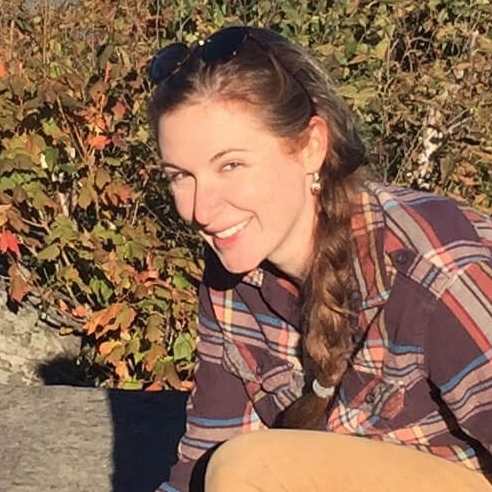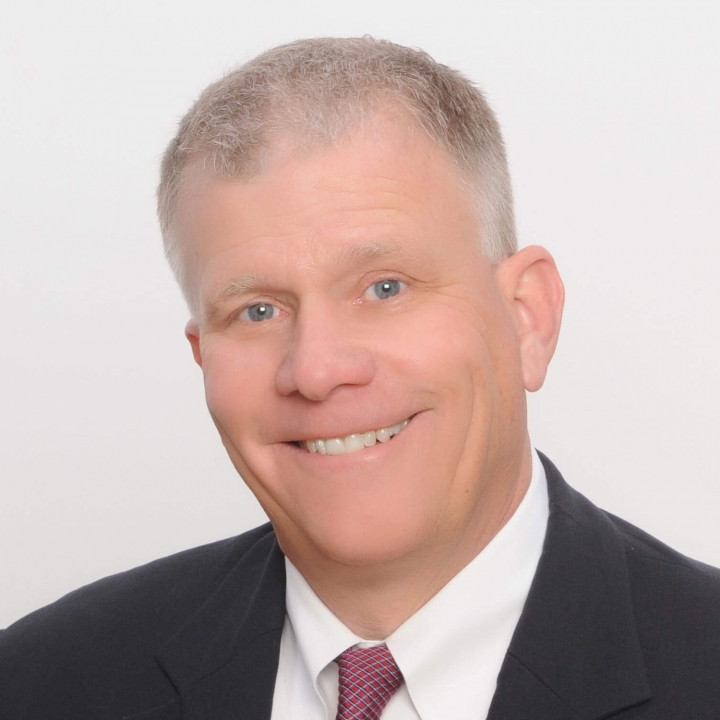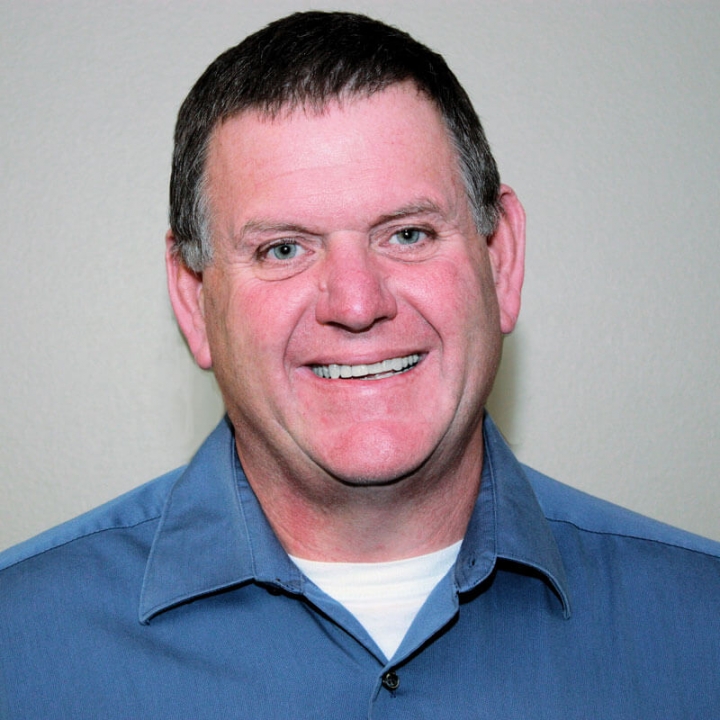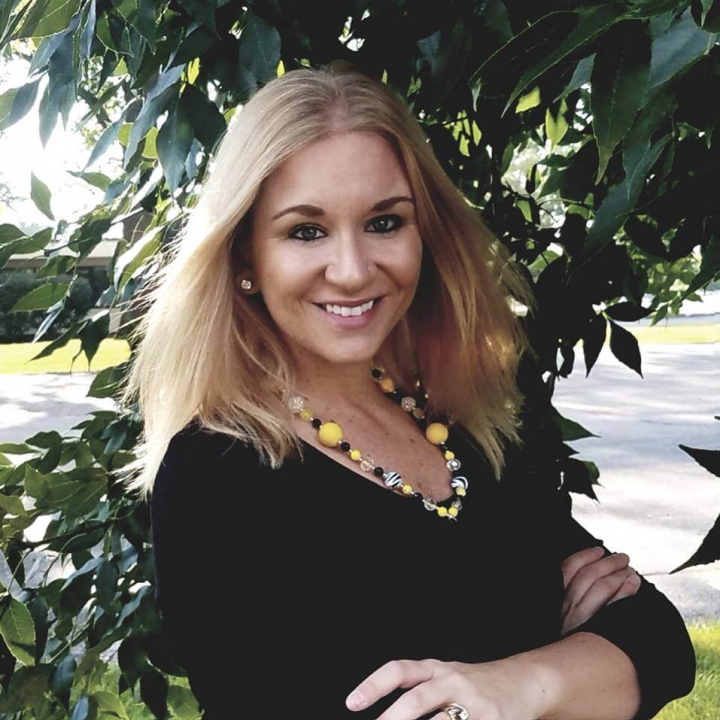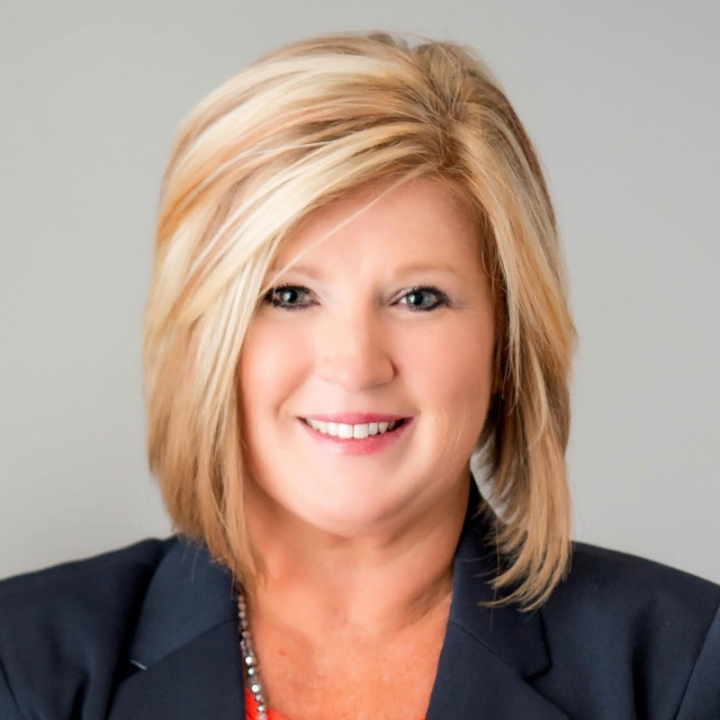Become a Donor Now.
As a community-based nonprofit organization, IHRC depends on the generosity of individual donors to fund our lifesaving work. In a world where governments do not meet the needs of their citizens or provide adequate care and support to communities, individual donors are needed to fill in the gaps and fund the services that allow vulnerable community members to survive.
What we’re doing is working – in just four years, IHRC has driven a state-wide decrease in both overdose fatalities and infectious diseases like hepatitis C, while changing policy at the state-level. We do a lot, and we do it with very little.
Please become an IHRC member by making a sustaining donation commitment today. Your contribution is critical to maintaining the health, dignity, and safety of Iowans across the state.
100% of your gift is tax-deductible.
What does each dollar mean to us?
$5
Guarantees the purchase of 5 fentanyl test strips, letting people know when to play it safe.
$10
Facilitates the continuation and growth of our community outreach efforts – meeting people where they’re at, every day.
$25
Allows us to test an individual for hepatitis C, providing essential early intervention and care.
$50
Supports time spent assisting someone in initiating substance use treatment.
$100
Enables 20 Iowans to reverse an opioid overdose and save a life, using one of IHRC’s naloxone rescue kits.
$250
Sponsors one month of mailing life-saving HIV prevention and overdose prevention supplies across Iowa to people living in rural communities.
$500
Supports our annual advocacy event at the state capitol, bringing community members across Iowa together to fight for health equity.
Directly purchase supplies for IHRC's drug user health & infectious disease prevention program
Community members want to provide support that feels tangible or visible – to see the direct impact of their contribution on the health of people who use drugs. By making a purchase from IHRC’s amazon wishlist, you support distribution of safe injection kits, safe snorting kits, and safe smoking kits, which prevents the transmission of COVID-19, HIV, hepatitis C, fungal infections, abscesses, bacteremia, endocarditis, and more. These kits also help to prevent burns, wounds, and other types of damage to the lips, fingers, and nasal passages. The items on the list are always needed, and we can never receive “too many” when it comes to the items on these lists. Donations can be shipped to IHRC at 1639 Morningside Drive, Iowa City, IA 52245. As with other types of financial gifts, a receipt acknowledging your gift is also available from IHRC for tax reporting purposes.
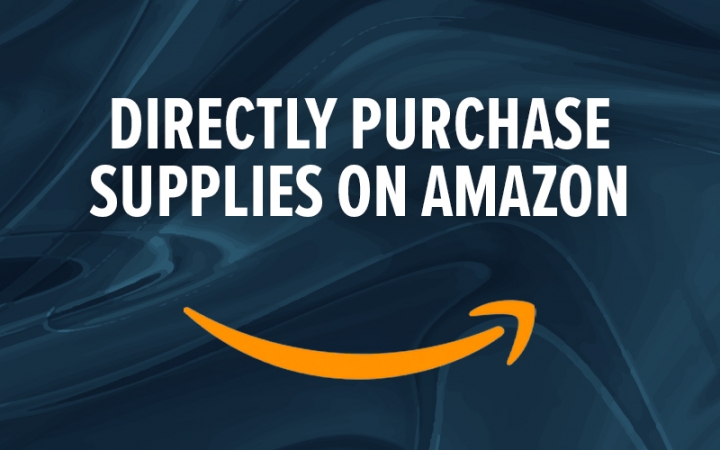
Become a member and sustain IHRC
One time gifts are tremendously helpful, but IHRC can only make lasting change when we know that funding will be available down the road. That’s why we value monthly, recurring donations above all else. Becoming a sustaining donor allows us to budget for the real things it takes to run a harm reduction program: rent, staff, water, paper, ink, electricity, and more. Sustaining donors are more than funders – they are members who are part of a community that believes in the power of commitment, compassion, responsibility, and harm reduction.
Sustaining donors receive an annual gift in recognition of their membership status.
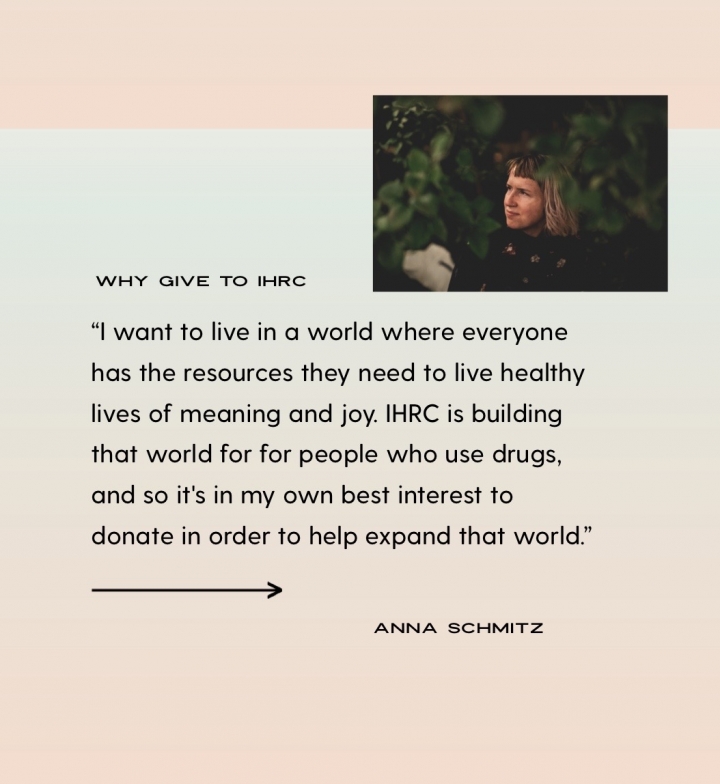
“If IHRC didn’t exist, I would have been dead two years ago. I might have made it a couple of months longer, but most likely not. IHRC was absolutely instrumental in saving my life from both infections and from the heroin that caused the infections (or rather, the syringes I was using to inject heroin). At the time I was living outdoors, using heroin (and anything else I could find) daily, and getting regular abscesses and infections. Today I haven’t had an abcess in almost three years (since I met IHRC), and I haven’t used heroin since November 18, 2018 when they took me to the hospital and got me started on suboxone. In the process, they also saved my hands and feet from getting amputated, and helped me through getting my hepatitis C treated. I was diagnosed with hepatitis C in December 2017 and was officially cured during the summer of 2019.
No other organization would have been able to help me like this and it’s because IHRC is made up of real people, not machines or robots. I’ve gotten help from nearly every organization in Cedar Rapids over the past decade, but in spite of that I was on a fast course towards death. IHRC never treated me like a number or a billable hour, but everyone involved in the program has made an effort to contact me, build a friendship with me.”
– “Nutt,” 50, Cedar Rapids
IHRC participant since March 2017
See what we accomplished in 2019. Your support can take us even further.
“I just wanted to thank you for everything you’ve done for myself, and for everything your organization stands for. I cannot express enough how much those supplies mean to me. I was not excepting anything near that complete, and comprehensive. I’ll be honest, i had a moment of panic when i opened the door [for the delivery to my home]. I had no idea it would arrive so soon, and was afraid I’d made a huge mistake asking for the help. Now i just wish i had more people whom i could tell about the incredible level of support you provide. It’s people like you that remind me that I’m not alone, I’m still a part of something bigger.
Knowing that there are people out there willing to go so far above and beyond in an effort to save the lives of drug users they have never met. It restores so much of the hope i have lost in humanity. Please keep doing what you can, between education, supplying safer equipment, and helping users and non users reconnect, and understand. Harm reduction really does save lives.”
– Anonymous IHRC Participant, Iowa City, June 2019
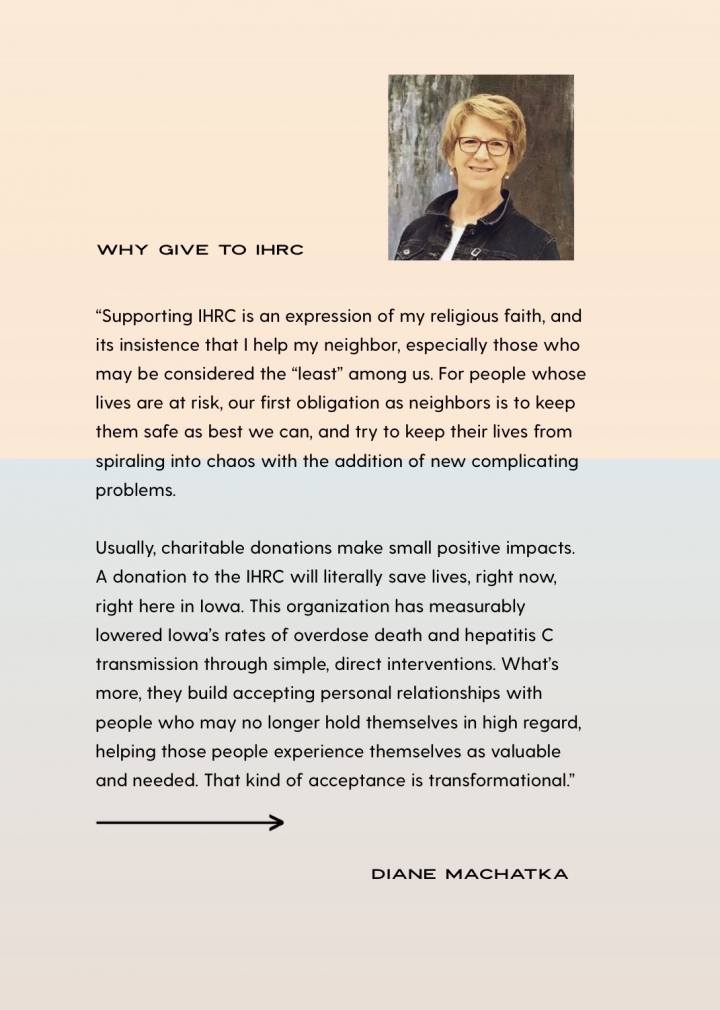
More ways to give

Fundraise for IHRC
Hosting a house party fundraiser is a fun and easy opportunity to educate the public about IHRC and to build support networks to sustain our efforts.

Donate with Amazon Smile
Automatically donate to IHRC every time you make a purchase on Amazon, for free.
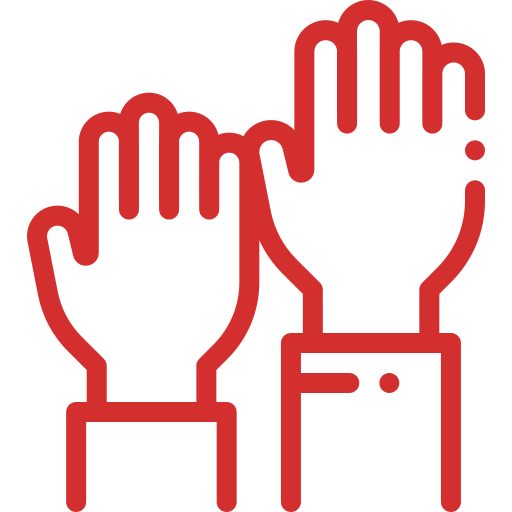
Volunteer
IHRC volunteers lead and assist with weekly street-based outreach and naloxone distribution; train community members to prevent opioid overdose; organize fundraising activities; and participate in advocacy activities.


